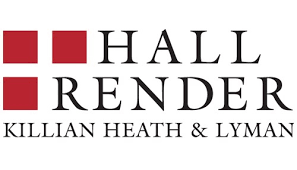OIG Study Shines Spotlight on Medicare Advantage Plans’ Payment Practices©2023 Elizabeth E. Hogue, Esq. All rights reserved. No portion of this material may be reproduced in any form without the advance written permission of the author. Enrollment in Medicare Advantage Plans (MAPs) recently exceeded the number of beneficiaries in the Medicare fee-for-service (FFS) program. The number of enrollees in MAPs will undoubtedly continue to increase. In April of 2022, the Office of Inspector General (OIG) of the U.S. Department of Health and Human Services (HHS) issued Report OEI-09-18-00260, “Some Medicare Advantage Organization Denials of Prior Authorization Requests Raise Concerns About Beneficiary Access to Medically Necessary Care” concerning the payment practices of MAPs. First, the OIG confirmed that MAPs must cover the same services as FFS. According to the OIG, MAPs must follow Medicare coverage rules that specify what items and services are covered and under what circumstances. MAPs may not impose limitations that are not present in FFS Medicare. The OIG also pointed out that MAPs may impose additional requirements; such as the use of in-network providers for certain health care services, requiring prior authorization, and referrals for specialty services. Since MAPs are paid on a capitated basis, the OIG is concerned that payments create incentives for MAPs to deny access to services and payment in order to increase profits. The purpose of the Report was to assess the extent to which denied requests for preauthorization and payment met Medicare rules and would likely have been approved in FFS Medicare. Based upon this review, the OIG concluded that:
What providers have long suspected has been confirmed by the OIG. Now fix it! |

